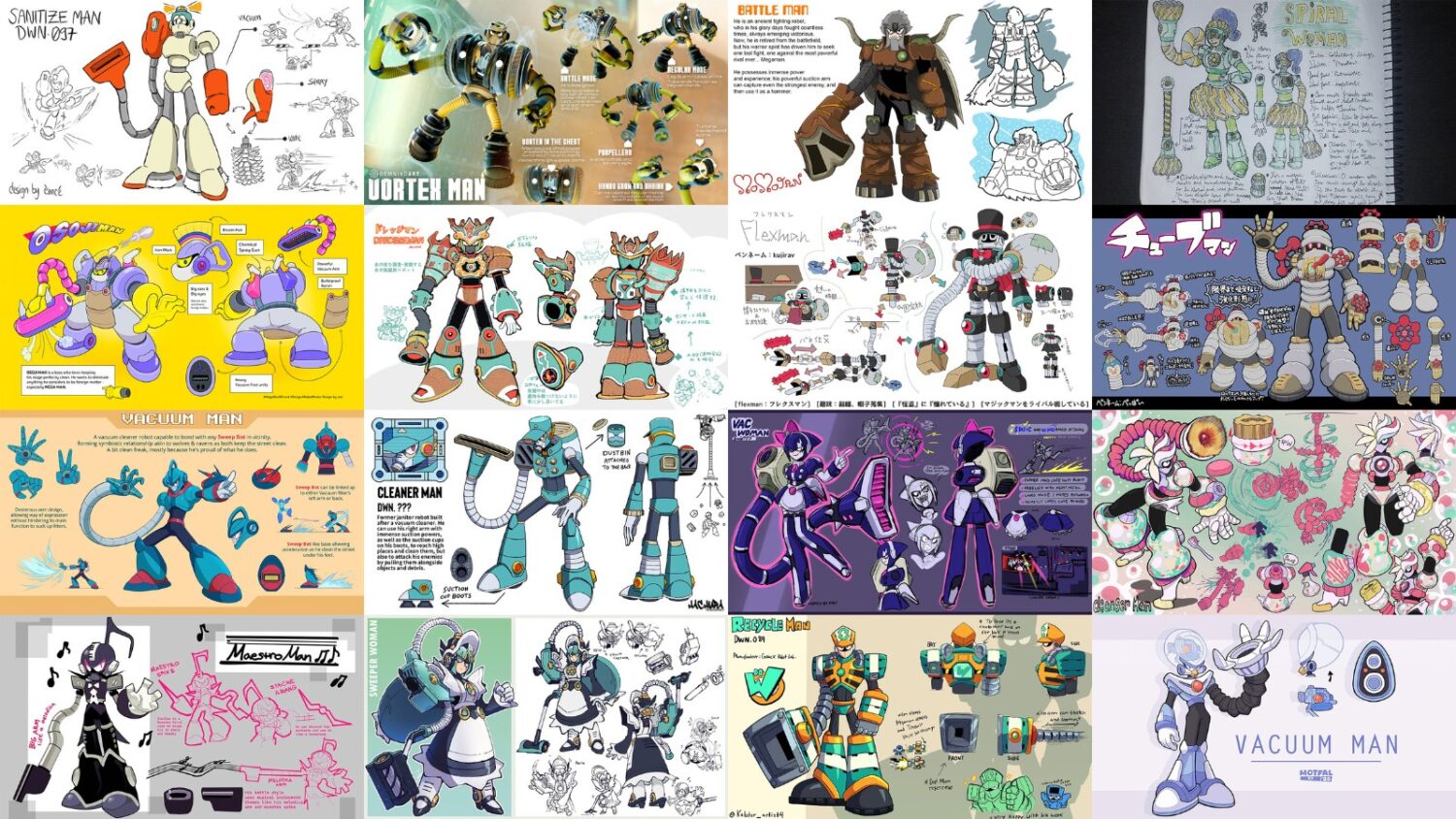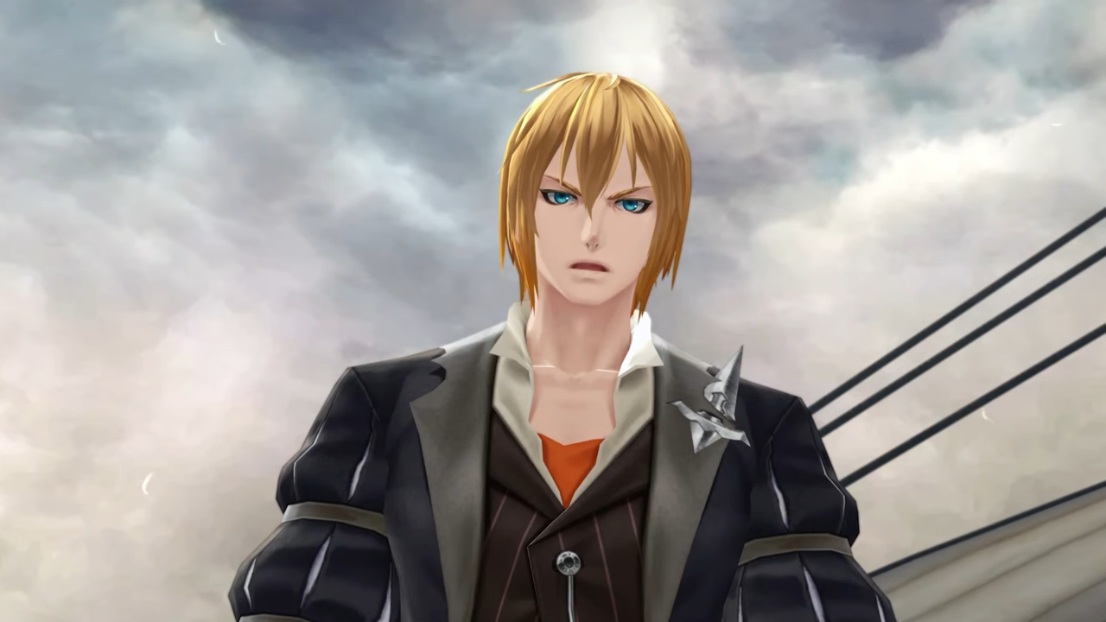Super Smash Bros.
Community Faces Reckoning Amid Sexual Abuse Scandal – Key Lessons for Esports The Super Smash Bros.
competitive community, a vibrant pillar of the fighting game esports world since the franchise’s debut on the Nintendo 64 in 1999, is confronting a crisis of unprecedented scale.
A surge of sexual abuse allegations has rocked the scene, implicating high-profile players, commentators, and organizers, leading to sweeping consequences for one of gaming’s most recognizable tournament circuits and raising urgent questions about safety and accountability within esports events worldwide. The wave of allegations reached critical mass in summer 2020.
The Evolution Championship Series (EVO 2020), one of the world’s premier fighting game tournaments, was abruptly cancelled after allegations surfaced against the event’s CEO, Joey “Mr.
Wizard” Cuellar, regarding inappropriate conduct with minors at local venues.
Following the reports, major publishers Capcom, Bandai Namco, and NetherRealm withdrew their games and financial support from EVO, compelling the organization to both remove Cuellar and announce a commitment to internal restructuring. Beyond organizational fallout, the crisis has exposed systemic issues within the grassroots Smash community.
Over sixty accounts of sexual harassment, assault, and abuse have been publicly documented, many involving celebrated figures such as Nairoby “Nairo” Quezada, Zack “CaptainZack” Lauth, Gonzalo “ZeRo” Barrios, Richard “Keitaro” King Jr., and others.
Reports range from statutory rape to emotional manipulation.
Several accused individuals have either admitted to aspects of the allegations or issued public apologies, while sponsors and affiliates have severed ties in response. Nintendo, distancing itself from the controversy, released an unambiguous statement to IGN: "At Nintendo, we are deeply disturbed by the allegations raised against certain members of the competitive gaming community.
They are absolutely impermissible.
We want to make it clear that we condemn all acts of violence, harassment, and exploitation against anyone and that we stand with the victims." The company has also taken internal steps, such as privatizing video content featuring implicated individuals. The roots of these systemic problems are multifaceted.
Super Smash Bros.
tournaments have historically thrived on grassroots structures, often lacking robust oversight and formal safeguards found in top-tier esports leagues.
This informal environment, combined with the franchise’s massive popularity across age groups—including minors—created circumstances where abuse could be concealed.
Organizational experts argue that public spaces attracting vulnerable populations, especially youth, require enhanced preventive measures, clear safety policies, accessible reporting structures, and rigorous vetting for event participants. The recent reckoning mirrors broader patterns in the global esports and gaming industry.
According to US Department of Justice statistics, most sexual assault cases involve young victims and known individuals, with the vast majority going unreported due to fear of reprisal or lack of faith in institutional intervention.
Within the Smash scene, these trends have been exacerbated by a close-knit social culture where hierarchical relationships and power dynamics can be leveraged to silence victims. Stakeholders and community leaders now face a pivotal moment.
Solutions demand multifaceted reforms: strengthening event security, establishing transparent codes of conduct, promoting restorative justice, and, above all, believing victims who come forward.
Some tournament organizers have already pledged to overhaul their processes, acknowledging that no gaming franchise is immune to these issues.
Esports organizations worldwide are now called to re-examine their practices, ensuring competitive gaming spaces are safe for all participants. The Super Smash Bros.
competitive community stands at a crossroads.
Whether this crisis signals lasting change will depend on the sustained commitment of organizers, sponsors, developers like Nintendo, and the wider gaming audience.
The lessons learned here extend beyond a single franchise, underscoring the urgent need for cultural change across every corner of esports. For more updates on Super Smash Bros., Nintendo Switch competitions, and developments in esports safety, stay tuned to our ongoing coverage.
If you or someone you know has been affected by abuse, consider reaching out to trusted advocacy organizations for support.
Community Faces Reckoning Amid Sexual Abuse Scandal – Key Lessons for Esports The Super Smash Bros.
competitive community, a vibrant pillar of the fighting game esports world since the franchise’s debut on the Nintendo 64 in 1999, is confronting a crisis of unprecedented scale.
A surge of sexual abuse allegations has rocked the scene, implicating high-profile players, commentators, and organizers, leading to sweeping consequences for one of gaming’s most recognizable tournament circuits and raising urgent questions about safety and accountability within esports events worldwide. The wave of allegations reached critical mass in summer 2020.
The Evolution Championship Series (EVO 2020), one of the world’s premier fighting game tournaments, was abruptly cancelled after allegations surfaced against the event’s CEO, Joey “Mr.
Wizard” Cuellar, regarding inappropriate conduct with minors at local venues.
Following the reports, major publishers Capcom, Bandai Namco, and NetherRealm withdrew their games and financial support from EVO, compelling the organization to both remove Cuellar and announce a commitment to internal restructuring. Beyond organizational fallout, the crisis has exposed systemic issues within the grassroots Smash community.
Over sixty accounts of sexual harassment, assault, and abuse have been publicly documented, many involving celebrated figures such as Nairoby “Nairo” Quezada, Zack “CaptainZack” Lauth, Gonzalo “ZeRo” Barrios, Richard “Keitaro” King Jr., and others.
Reports range from statutory rape to emotional manipulation.
Several accused individuals have either admitted to aspects of the allegations or issued public apologies, while sponsors and affiliates have severed ties in response. Nintendo, distancing itself from the controversy, released an unambiguous statement to IGN: "At Nintendo, we are deeply disturbed by the allegations raised against certain members of the competitive gaming community.
They are absolutely impermissible.
We want to make it clear that we condemn all acts of violence, harassment, and exploitation against anyone and that we stand with the victims." The company has also taken internal steps, such as privatizing video content featuring implicated individuals. The roots of these systemic problems are multifaceted.
Super Smash Bros.
tournaments have historically thrived on grassroots structures, often lacking robust oversight and formal safeguards found in top-tier esports leagues.
This informal environment, combined with the franchise’s massive popularity across age groups—including minors—created circumstances where abuse could be concealed.
Organizational experts argue that public spaces attracting vulnerable populations, especially youth, require enhanced preventive measures, clear safety policies, accessible reporting structures, and rigorous vetting for event participants. The recent reckoning mirrors broader patterns in the global esports and gaming industry.
According to US Department of Justice statistics, most sexual assault cases involve young victims and known individuals, with the vast majority going unreported due to fear of reprisal or lack of faith in institutional intervention.
Within the Smash scene, these trends have been exacerbated by a close-knit social culture where hierarchical relationships and power dynamics can be leveraged to silence victims. Stakeholders and community leaders now face a pivotal moment.
Solutions demand multifaceted reforms: strengthening event security, establishing transparent codes of conduct, promoting restorative justice, and, above all, believing victims who come forward.
Some tournament organizers have already pledged to overhaul their processes, acknowledging that no gaming franchise is immune to these issues.
Esports organizations worldwide are now called to re-examine their practices, ensuring competitive gaming spaces are safe for all participants. The Super Smash Bros.
competitive community stands at a crossroads.
Whether this crisis signals lasting change will depend on the sustained commitment of organizers, sponsors, developers like Nintendo, and the wider gaming audience.
The lessons learned here extend beyond a single franchise, underscoring the urgent need for cultural change across every corner of esports. For more updates on Super Smash Bros., Nintendo Switch competitions, and developments in esports safety, stay tuned to our ongoing coverage.
If you or someone you know has been affected by abuse, consider reaching out to trusted advocacy organizations for support.






